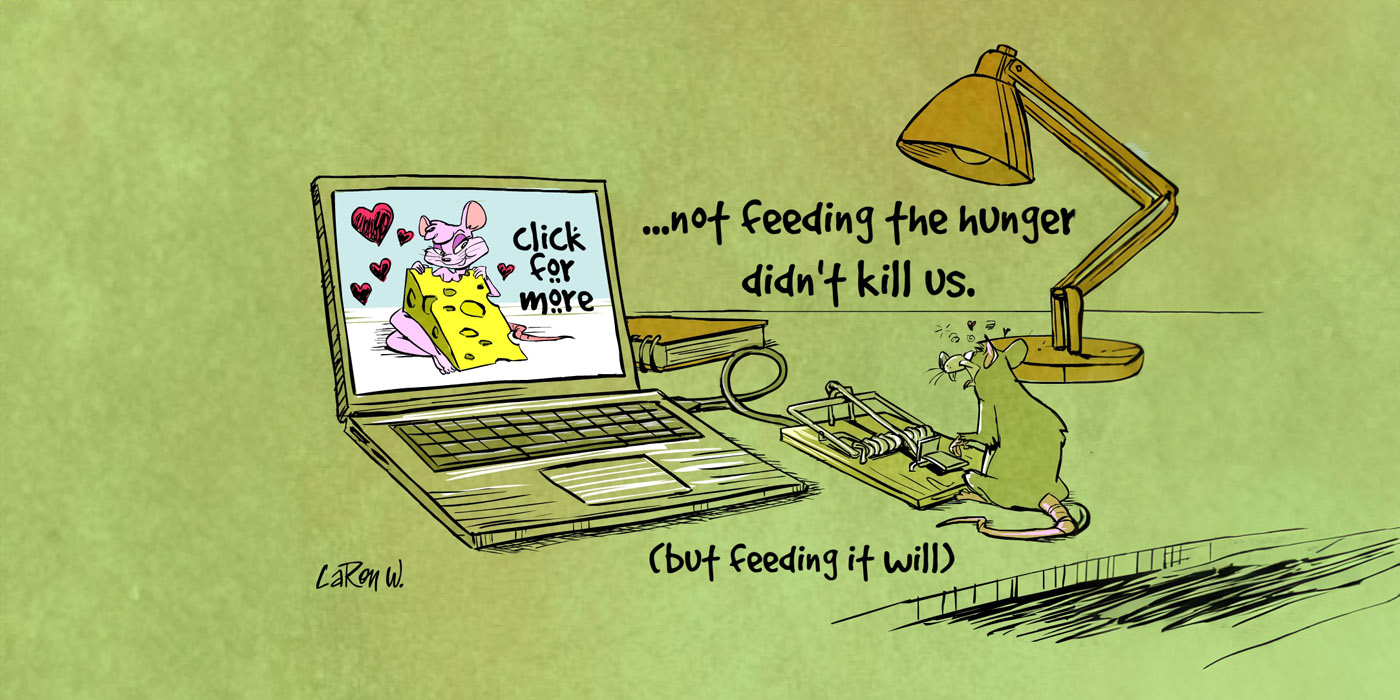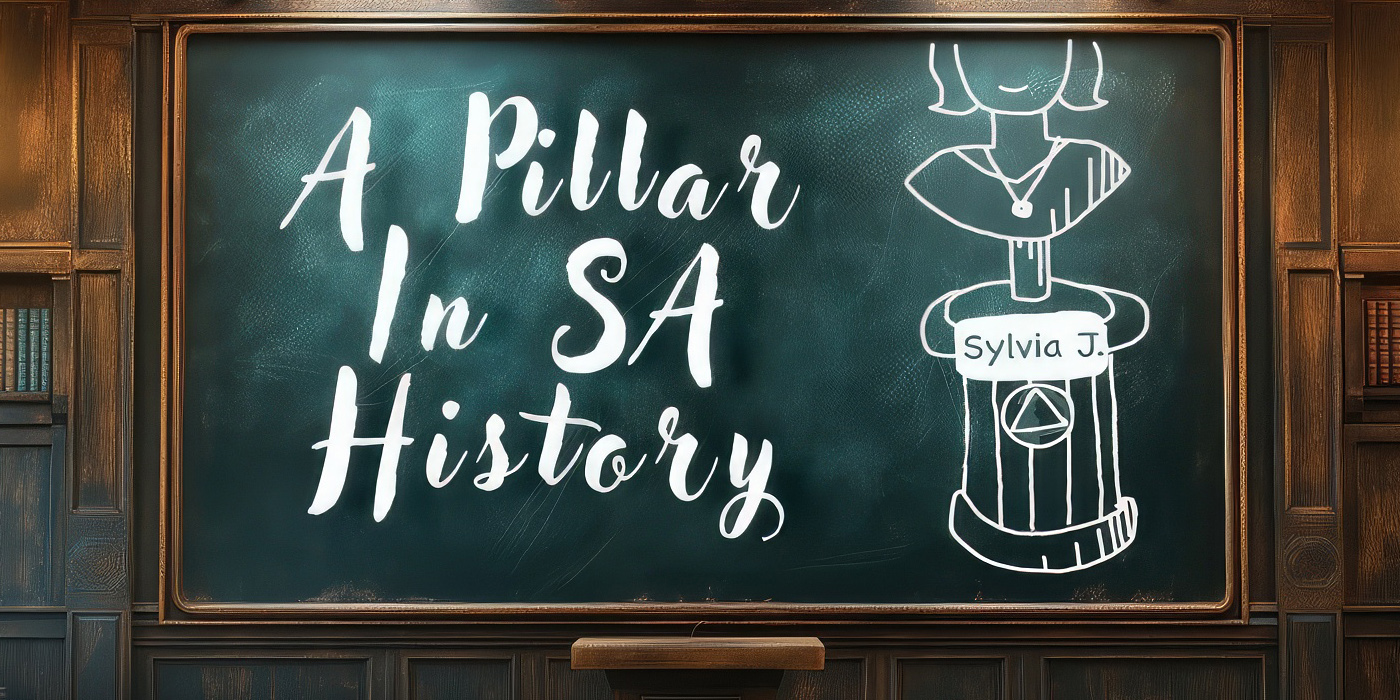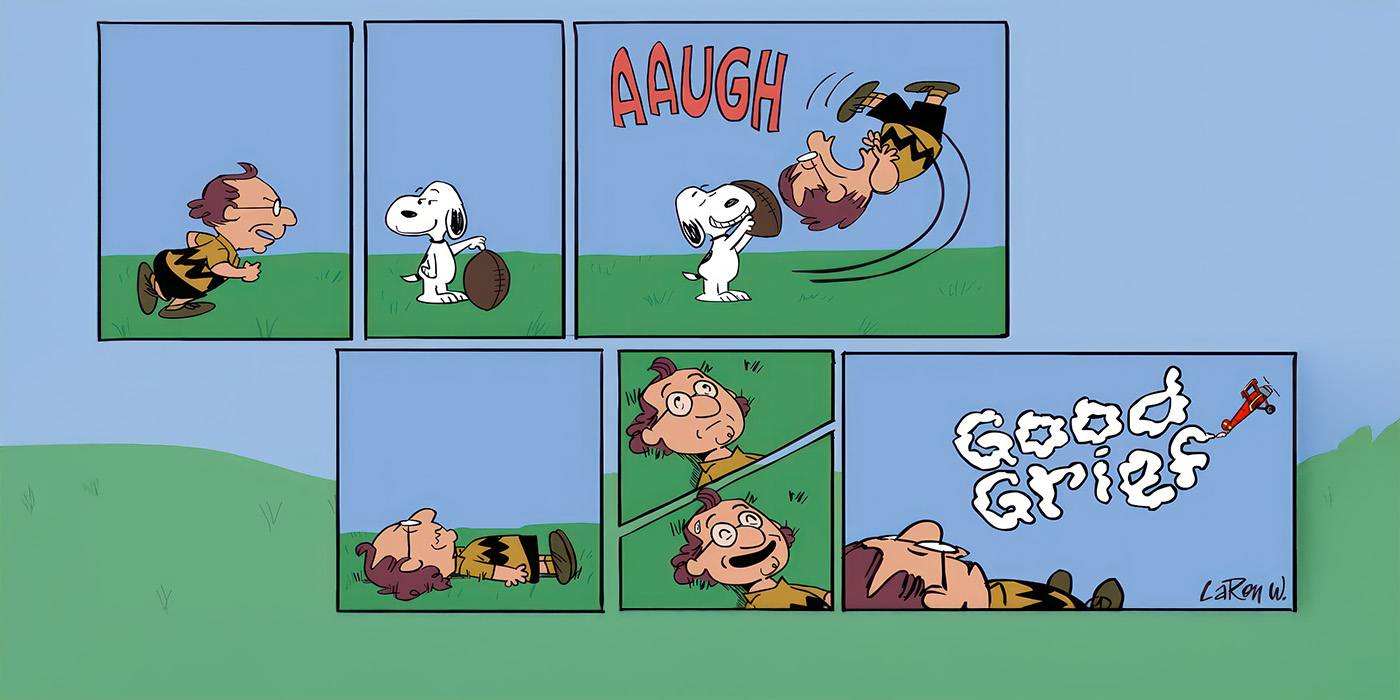
My sponsor used to say to me, “Why Feed the Wolf? Let It Starve,” referring to the lust residing in my brain. At first, I partially agreed with him. Deep down, though, I believed that this lust was integral to my character, to who I am, even though I knew that it was killing me, killing my soul. I struggled with the idea of letting it starve. I associated hunger with food and believed that, if I were hungry, the only solution was to eat; calling a fellow, attending a meeting, or praying to alleviate the feeling of hunger won’t put food in my belly. Likewise, I projected that only acting out could feed my lust hunger. I eventually realized that this perspective is false, but it took me a couple of years to truly grasp it.
During the initial phase of my sobriety journey, I experienced periods of shaky abstinence. I would maintain a good quality of sobriety for a few months, but then I would start seeking out lustful experiences, bringing myself to the edge of relapse. This would cause me to panic and then I would flee back to full engagement with the program—attending meetings daily, making calls, and leaving the house to avoid temptation. I would regain good quality sobriety for a few months, only to repeat the cycle again.
At one point, my sponsor suggested a period of total abstinence—to stop having sex with my wife for a period of time—ranging from one to three months, also known as “drying out,” so that I could discover for myself if sex is indeed optional and if Not Feeding the Hunger would Kill Me. There was one condition, however: my wife had to agree to it. I hesitated about discussing it with her because she had been skeptical about it in the past, exhibiting the kind of behavior typical of an addict’s spouse. But, to my surprise, she agreed; and, with her support, I was ready to embark upon the journey.
The first attempt at abstinence lasted for a day, the next for three days, and the next for five days; each attempt ending in failure. I didn’t despair; this was all new to me and after each failure, I resolved to start over again. I persevered, striving for one day, then for five days, eventually achieving nine days’ abstinence. But the pattern persisted, falling back into sex each time. Frustrated with my lack of progress, I reached out and called my sponsor. When he asked me why I thought it wasn’t working, I explained that my wife and I still engaged in intimate activities, such as hugging and kissing, which inevitably led to sex.
However, I assured him that I had a solution in mind and wanted to discuss it with him first. I believed that abstaining from intimacy with my wife and potentially living apart for a while might be the answer. To my surprise, he didn’t agree with that idea. Instead, he advised me to maintain intimacy with my wife but refrain from having sex. I considered his suggestion impossible, asking myself if somehow he had turned into an angel or some class of being who, after 30 years of sobriety, had forgotten the power of sexual desire. I began to think he didn’t fully comprehend my situation. As the phone call went on, I resisted his advice, dismissing the idea of intimacy without sex as unreal.
He stuck with me though and shared a story about a fellow who had successfully followed this approach and stopped in the middle of sex with his wife because he had thoughts about other girls. I could hardly believe what I was hearing, and what was even more incredible was that the guy’s wife respected him for it. He assured me that I would appreciate the approach if I gave it an honest try. I am deeply grateful that God granted me the strength to try and keep trying. I persisted until one such attempt at abstinence succeeded and my wife and I managed a month of abstinence. About a month later, we had two months of abstinence. I still don’t know how we accomplished it; it felt like a miracle. We were intimate and close, yet we didn’t engage in sexual activity. And most importantly, I didn’t die. My attitude towards sex changed completely as the meaning of true intimacy revealed itself. I had never experienced true intimacy before.
In the SA meetings, I used to listen to “A Vision for You.” It always inspired me, providing a sense of calmness and hope. Now, it resonates on a deeper level, accurately describing how I feel about sex. I would like to quote some of it here:
“Obviously you cannot transmit something you haven’t got. See to it that your relationship with Him is right, and great events will come to pass for you and countless others. This is the Great Fact for us.”
“Give freely of what you find and join us. We shall be with you in the Fellowship of the Spirit, and you will surely meet some of us as you trudge the Road of Happy Destiny.”
Tears well up as I reflect on these simple words. How grateful I am to God to have such an appreciation. Now I understand the truth of my sponsor’s words; you cannot truly comprehend something until you have experienced it firsthand. I used to share a similar example in meetings, saying that no matter how much I described an apple to someone who had never seen or tasted one, they would never truly know what an apple is. The same principle applies to experiencing sobriety and serenity.
I used to struggle with YouTube and social media. Although I needed them for work and studies, I recognized the potential risks they posed to my sobriety. In the past, I saw it as a black-and-white situation: being on social media and YouTube will inevitably lead to slips, and there is nothing that can be done about it. However, four months ago, I decided to establish a YouTube boundary counter. This counter was meant to reset every time I crossed the particular limit that I set for myself. For this intervention to be effective, I needed to set a definition for “YouTube boundary sobriety,” just like SA has a definition for sobriety. Without clear guidelines, it would be nothing more than a superficial barrier. Thinking about it then, I came up with the following definition: no access to YouTube unless it serves a work, study, or well-being-related purpose. I conceded to myself that, up till then, my YouTube usage had always been motivated by lust or by unhealthy curiosity. The new approach worked; it increased my awareness of what I was looking at, denying denial, adhering to clear boundaries. While sobriety is God’s gift to bestow, our program is nonetheless a program of action: I must do my part. Later, I set up another counter called, “Fishing for a Second Look.” Its purpose was to heighten my awareness when I intentionally objectify women, whether this is through their social media profiles or in real life, scrutinizing their physical appearance, their attire and other aspects. It took me about a month of resetting this counter repeatedly, but now I am experiencing progressive victory over that kind of lust too, and the measure has significantly improved the quality of my sobriety. Today, my sobriety is characterized by tranquility, serenity, and a newfound appreciation for life. I experience less internal struggle.
Once again, I find solace in the words of “A Vision for You”: “We realize we know only a little. God will constantly disclose more to you and to us.”
Not having experienced something doesn’t mean it doesn’t exist. I have come to understand that there is life beyond addiction, a life filled with serenity and genuine connection with God. May God continue to reveal more to me, to all in recovery, and to those who are still suffering.
I am grateful for SA, for my sponsor, for my fellow SAs, and for my wife, who has endured her own share of hardships throughout this journey.
Loay Z., Egypt






